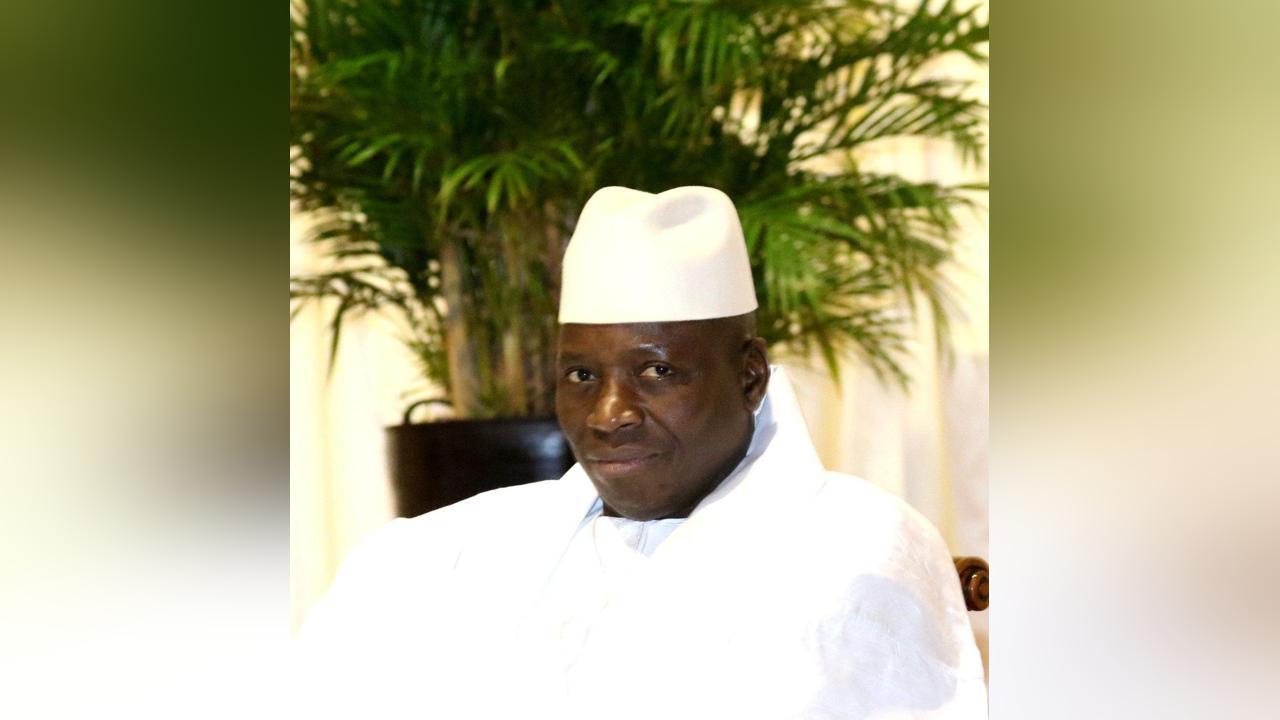By Abdoulie Mam Njie
Africa-Press – Gambia. Thirty-one years ago this week, on 22nd July, 1994, The Gambia experienced a rupture in its democratic journey. What began as a quiet Friday morning ended with the collapse of Africa’s longest-standing civilian government and the ascent of a group of junior military officers led by a little-known lieutenant — Yahya Jammeh. That day marked the beginning of a two-decade authoritarian era that would redefine governance, politics, and civil liberties in our small West African nation.
It is tempting to treat that day as a closed chapter — something to be noted in history books, or commemorated with slogans and silence. But July 22nd is not merely a date; it is a lesson still unfolding. For those who lived through it, the coup did not just signal a change in leadership — it ushered in an era of fear, forced loyalty, systemic dismantling of institutions, and a gradual erosion of values that had grounded the post-independence state.
The seeds of discontent
The roots of the 1994 coup lay not only in the grievances of soldiers over poor conditions and pay, but also in broader systemic weaknesses — rising youth unemployment, perceptions of corruption, and public fatigue with a government that had remained in power since independence. The failure to adequately reform, communicate, and respond to citizen needs created fertile ground for disillusionment. And when institutions lack resilience, the door is open to opportunists with guns and grievances.
What followed the coup was a shift from an imperfect democracy to a perfected autocracy. Under Jammeh’s rule, The Gambia became a cautionary tale — one where development was weaponised, dissent criminalised, and fear institutionalized. Civil servants were purged or silenced, the judiciary compromised, and the military turned into a personal guard. The commissions of enquiry, detentions without trial, and summary dismissals became normalised tools of control. Even when development projects flourished, they did so under the weight of authoritarian governance.
The work ahead
Since the 2016 transition, The Gambia has made important strides toward rebuilding democratic institutions and restoring public confidence in governance. From the launch of the Truth, Reconciliation and Reparations Commission to the renewed focus on constitutional reform, many efforts have been undertaken to heal past wounds and strengthen civic space.
Yet, the process of national renewal is never immediate. The challenges faced—such as institutional capacity gaps, political tensions, and public expectations —are significant. Building a strong democracy requires time, consensus, and a shared commitment to reform. While progress is visible in some areas, others require deeper and more sustained engagement.
One area that continues to demand attention is the strengthening of the public service and the protection of professional independence. During the military era, many civil servants and technocrats were dismissed or demoralised — not for wrongdoing, but for having served in earlier administrations. Commissions of Inquiry were at times perceived more as instruments of control than of justice. Today, as we work to rebuild systems, it is important to ensure that public service is guided by fairness, continuity, and competence — not fear or political alignment.
Democratic transitions must be underpinned by a culture of dialogue, legal safeguards, and citizen participation. The lessons of July 22nd remind us that institutional reform cannot be driven by politics alone. It must be anchored in principle, in law, and in the aspirations of the Gambian people for dignity, stability, and progress.
Conclusion
July 22nd, 1994, was not an isolated event. It was the result of long-standing fractures in leadership, accountability, and statecraft. As we mark another anniversary, let us do more than remember the past — let us confront its echoes in the present. Only by doing so can we ensure that never again will a nation be taken hostage by its own army, and that the voice of the people remains the only legitimate source of power.
Source: The Standard Newspaper | Gambia
For More News And Analysis About Gambia Follow Africa-Press






